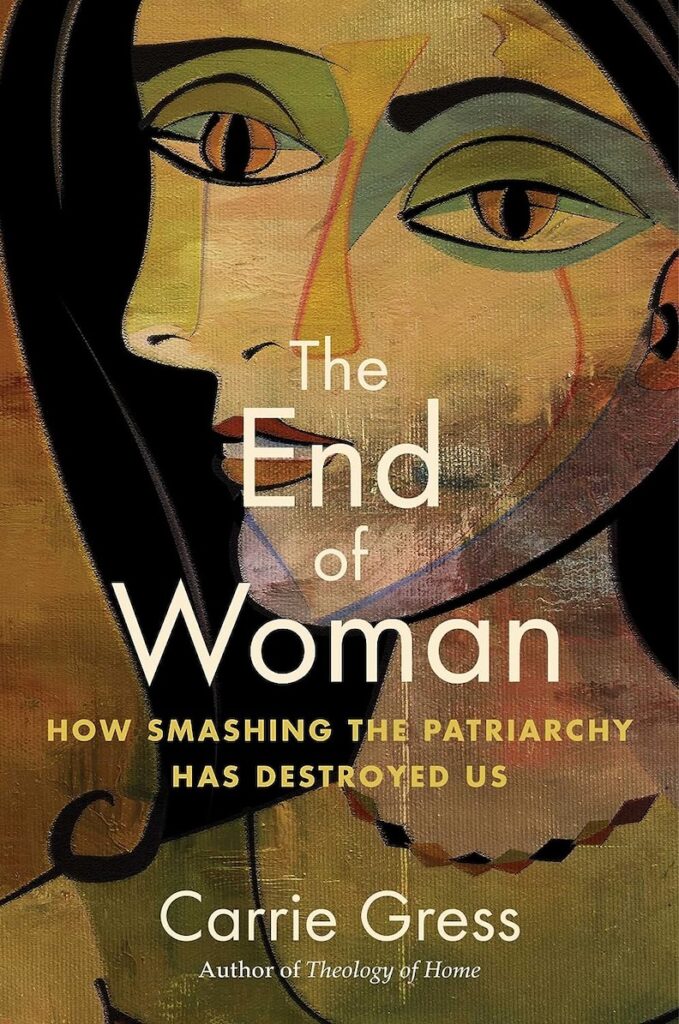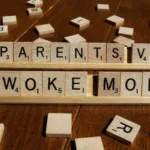
Published October 9, 2023
I’d heard it so many times, I scarcely thought I needed to research it. The well-worn refrain said that feminism hadn’t always been bad. The first wave was good. I decided to go look for myself just to check the box and confirm that what I’d always heard was in fact true.
Astonishingly, I discovered that all was not so rosy in feminism’s first wave. What I thought would take two days of work for my book, The End of Woman: How Smashing the Patriarchy Has Destroyed Us, quickly turned into months. The deeper I dug, the worse it got.
Three essential elements to a full understanding emerged: the occult, radical egalitarianism of the sexes (which later morphed into smashing the patriarchy), and free love. What I discovered was that not only was the first wave clearly an anti-Christian ideology, but it planted the seeds for what would later become an even more sinister form of ideology.
The second wave—because of its ushering in of abortion—can arguably be called the deadliest ideology in all of recorded human history. (Communism killed “only” 100 million in the 20th century and has been waning since.) In the United States alone, 60 million children have been aborted since Roe v. Wade was decided in 1973. More children are aborted worldwide than people die from all other causes combined. The blame can be laid squarely at feminism’s feet: it is the ideology that has taught women to believe that their children are an obstacle to their happiness, not a means to it.
Feminism from the beginning asked the question, “How do we help women become more like men?” instead of asking, “How do we help women as women?” The life of men was deemed to be superior and, therefore, imitating in any way possible. The myth of independent-and-infertile woman was born.
It was only a matter of time before Margaret Sanger ushered in the age of birth control, with abortion following closely behind, that would allow women to finally have what they considered the enviable sex lives of men, without frequently leading to nine months of pregnancy and eighteen years of raising a child.
This slow-rolling transition of women into a disordered ideal of manhood opened the door to today’s technological effort to transition females into ersatz males and males into ersatz females. Meanwhile, the data continues to show that women are not growing happier with greater implementation of feminist principles. Metrics reveal contemporary women are more depressed, suicidal, substance-addicted, divorced, and infected with sexually transmitted diseases.
Over the decades, Christian women have tried to build a healthier feminism than the one offered by the second wave. Many have tried to pull from the first wave; others have hoped to redeem the word, like Pope John Paul II. Others still have simply tried to use the word to generally mean “pro-woman,” while ignoring the ideological baggage.
But the question remains an open one: Can Christians be feminists?
If we look again at the three threads—the occult, smashing the patriarchy, and free love—that have defined the movement for over two hundred years, the question gets easier to answer.
Can Christians be engaged in the occult? That one is easy. Of course not. What about free love? Also, an easy no. And smashing the patriarchy? This one is slightly harder to answer, but the Christian faith, going back to the earliest roots of the Jewish tradition and the Old Testament makes it clear that the Christian Church, particularly the Catholic Church, is a patriarchy.
In their scriptural commentary, Brant Pitre and John Bergsma outline the dramatic shift that happened with the Fall in Genesis 3:
the inversion of norms. Everything is turned upside down. In the divinely established order in Genesis 1–2, Adam, God’s vice-regent, is to obey God. He is to communicate God’s will to Eve, his spouse, and together they are to rule over the animals. In the course of Genesis 3, the animal (the serpent) is going to rule over Eve, Eve is going to communicate the animal’s will to Adam, and together all three will defy God.
This same primordial pattern has found a contemporary home under feminism. Women have acquired a new authority under feminism, while demeaning, dominating over, or ignoring altogether any of the authority of men and God.
Some might argue that there can in fact still be a Christian feminism. The responsibility then, rests upon them to be very explicit about exactly what they mean by feminism to make sure their working definition does not include any of mainstream feminism’s key characteristics.
But the bigger question would be: why? Why would anyone want to continue to be associated with an ideology that has been so deadly, so ineffective—indeed counterproductive—in leading women to happiness?
Catholicism is unrivaled in helping and honoring the innate dignity of women. The ideology of Feminism isn’t necessary to reveal or carry out Christianity’s pro-woman stance. Far too many women have been led to believe the myth of the independent woman, at odds with God, men, husbands, or children.
Adding Christianity to feminism’s broken message hasn’t been clarifying, but led to a profound confusion about what it means to be a woman today, particularly one who says she wants to follow Christ.
Carrie Gress, Ph.D., is a Fellow at the Ethics and Public Policy Center, where she co-directs EPPC’s Theology of Home Project. She earned her doctorate in philosophy from the Catholic University of America and is the co-editor at the online women’s magazine Theology of Home.












